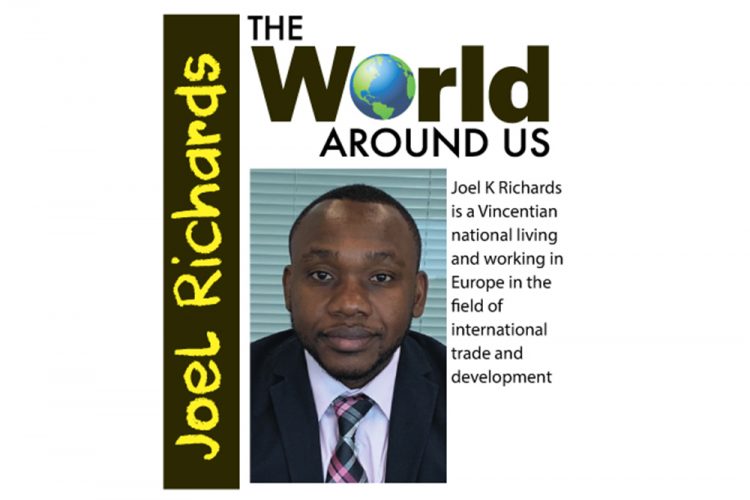China’s unforced errors

In sport, particularly tennis, an unforced error is a mistake made by a player that is attributed to his or her own failure or sloppiness. In everyday life, we can also think of an unforced error as being a careless mistake or a self-inflicted injury. In international affairs, a country commits an unforced error when it makes poor choices which invariably lead to ridicule and diplomatic isolation from its peers.
Arguably, China has been the single biggest beneficiary of the transfer of global power away from the United States (US). Henry Kissinger, the former US Diplomat, National Security Advisor and Secretary of State noted that each century sees the ascent of a nation with the force, resolve, acumen and ethical force to remake the global order, in coherence with its own values. In the 20th century, that country was the US and in the 21st century, the evidence is increasingly pointing towards China.
China’s leaders, including President Xi Jinping, have often intimated that the 21st century is one of strategic opportunity for the country to consolidate its own economic power, secure its standing as a great power, achieve pre-eminence in Asia and defend its interests overseas. In recent years, China has won both the envy and admiration of many countries as it managed to undergo transformation from a largely agrarian society to an advanced industrial behemoth; it consistently achieved double-digit economic growth; and it managed to expand its diplomatic influence and financial footprint around the world. Speaking of its expanded financial footprint, China has largely achieved this by providing concessional loans and grants to dozens of developing countries on terms that are ordinarily more favourable than those offered by the multilateral financial institutions such as the World Bank and the International Monetary Fund (IMF).
In 2013, China launched an ambitious global infrastructure development project known as the Belt and Road Initiative (BRI) and approximately 138 countries have already signed on, including seven members of the Caribbean Community (CARICOM). For the ten-year period 2017-2027, the Organisation for Economic Cooperation and Development (OECD) estimates that infrastructure funding under the BRI will amount to roughly USD1 trillion.
Given the foregoing, it is no surprise that in recent decades, China has generally earned a significant amount of goodwill around the world. However, a number of more recent unforced errors are threatening to undo much of this goodwill.
On the economic front, the BRI and China’s other financing initiatives which were once heralded, are now being increasingly scrutinised as many observers worry that they are luring the beneficiary countries into debt traps.
Several observers have also indicated that some of the projects being funded by China lack economic feasibility; they contribute little to local employment in the beneficiary countries as much of the labour is imported from China; and the apparent lack of transparency creates conditions which are ripe for corruption in the host countries.
China is also under fire for its recent activities in Hong Kong where it has passed a controversial national security law which gives Beijing unprecedented powers to shape life in Hong Kong. Several international observers believe that these newfound powers curtail certain democratic rights in Hong Kong, such as freedom of speech. China is also facing international scrutiny for alleged human rights abuses among its largely Muslim Uighur population, where Beijing has employed a heavy-handed approach in dealing with activists and protestors.
China also has territorial disputes with several of its neighbours in the East and South China Seas. In the East China Sea, China and Japan have conflicting claims to several islands. China has also laid claim to the majority of the South China Sea, which goes against an international tribunal ruling that there was no evidence that China had historically exercised exclusive control over the sea’s waters or resources. The US has consistently refuted China’s claims and more recently, Australia rejected China’s claim to historic maritime rights and interests in the South China Sea.
Where Taiwan is concerned, some observers have wondered whether Beijing’s recent moves in Hong Kong serve as a prelude to what it intends to do with Taiwan. In what has widely been regarded as provocative, in recent weeks, China’s military has been accused of encroaching on Taiwan’s territorial airspace.
Finally, China’s unforced errors present it as a sort of Jekyll and Hyde global actor. On the one hand, its achievements, both domestically and abroad, merit admiration. However, some of its actions, both at home and overseas, are problematic. Where its actions are problematic, China should expect that others will hold it to account as they would any other country. It cannot expect nor should it be given a free pass for less than constructive behaviour.









